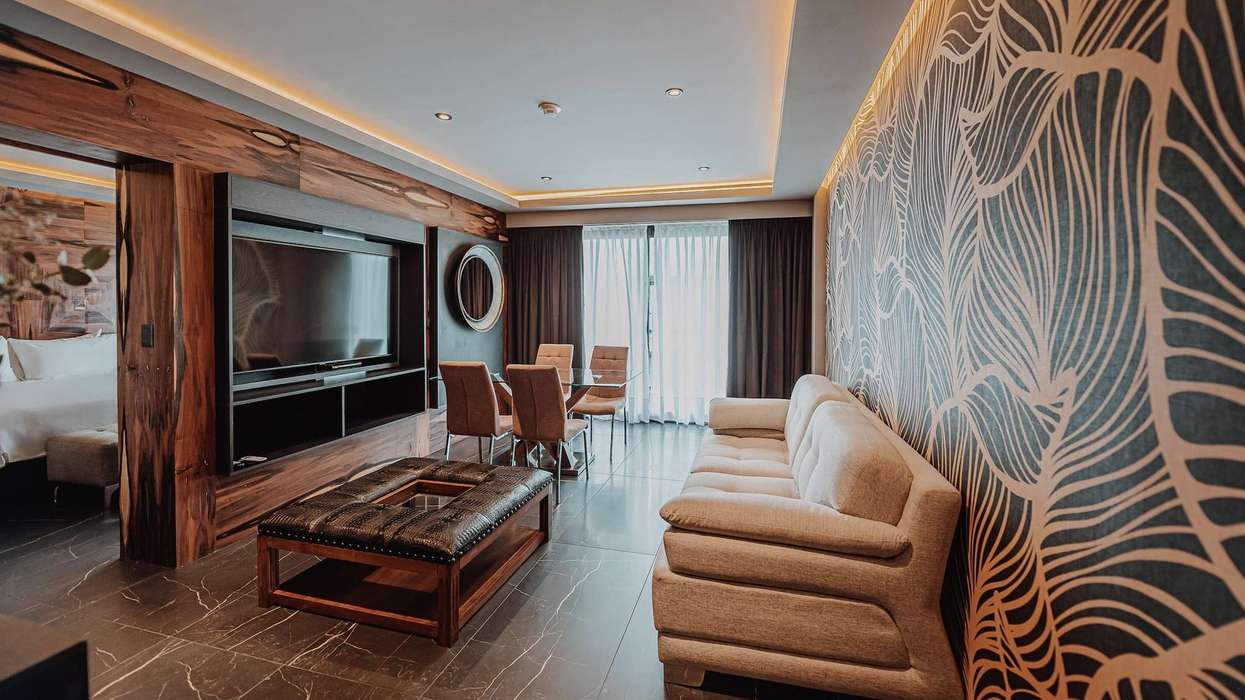How Kelly Loeffler’s SBA Leadership Impacts Small Businesses & Hospitality
THE U.S. SENATE on Wednesday confirmed former Georgia senator and businesswoman Kelly Loeffler to lead the Small Business Administration, the federal agency supporting small businesses with counseling, capital and contracting expertise. AAHOA congratulated Loeffler, expressing confidence that her leadership will bolster industries like hospitality, which drive the U.S. economy.
Founded in 1953, the SBA supports small businesses with capital access, disaster relief, contracting opportunities, training, advocacy, and innovation programs, according to its website.
"Administrator Loeffler brings a deep understanding of small business challenges and opportunities," said Miraj Patel, AAHOA chairman. "Her leadership at the SBA will be instrumental in expanding access to capital and creating new opportunities for hotel owners and small business entrepreneurs across the country."
The agency’s Economic Injury Disaster Loans help cover working capital needs during disasters, including fixed debts, payroll, and accounts payable.
The Senate confirmed Loeffler on a 52 to 46 vote.
Loeffler served in the Senate from 2020 to 2021 after being appointed by Georgia Gov. Brian Kemp when Sen. Johnny Isakson stepped aside for health reasons. She co-owned the WNBA's Atlanta Dream and held roles in financial services, including Intercontinental Exchange. She is married to NYSE Chairman Jeffrey Sprecher.
AAHOA looks forward to working with the SBA under Loeffler to advance key initiatives, including the LIONS Act, which would raise SBA 7(a) and 504 loan limits from $5 million to $10 million. These measures are vital for hotel owners and small businesses to grow and innovate.
Laura Lee Blake, AAHOA president and CEO, said small businesses are the backbone of America's economy.
"Administrator Loeffler's confirmation is a major step forward, and we are excited to collaborate with her to champion initiatives like the LIONS Act that will empower our members and other small business owners,” she said.
AAHOA continues to advocate for small business owners and will work with policymakers and the SBA to ensure access to critical financial resources. AAHOA's Political Action Committee recently raised $1 million in 2024, totaling $1.5 million for the 2023-2024 PAC period, reflecting members' efforts to make hotel owners' voices heard at all government levels.
AAHOA recently backed Kashyap “Kash” Patel, President Trump’s FBI director nominee, citing his public service and national security experience as crucial for addressing challenges facing both the FBI and the hospitality industry.






